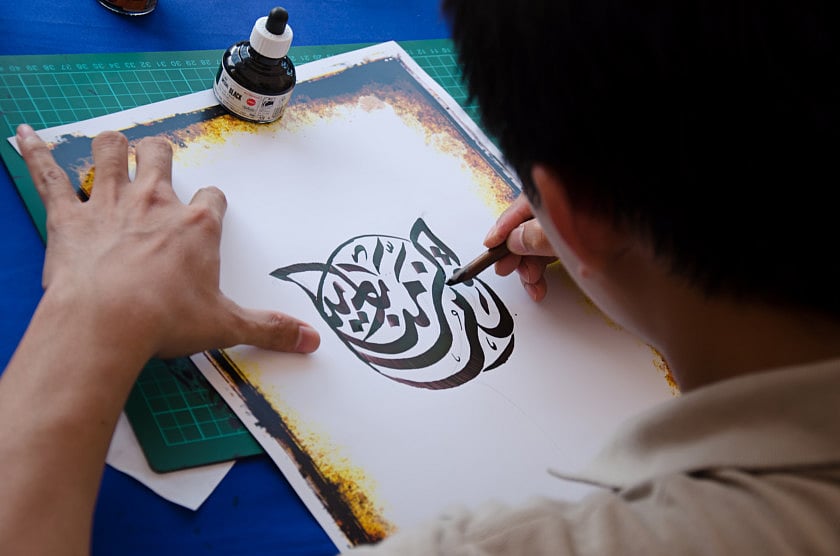You speak more Arabic than you think you do
The Arabic language has strongly influenced many languages of the world

Dubai: Did you know that the commonly used English word cotton, came from the Arabic qutton or kutn? Or the word coffee from the Arabic qahwa? Even sugar, a word you probably use daily, comes from sukkar in Arabic.
It’s not just English words, the nearly 1,500-year-old language has influenced many languages around the world.
Arabic, one of the world’s oldest Semitic languages was approved as an official United Nations language on December 18, 1973.
In 2010, Unesco (United Nations Educational, Scientific and Cultural Organisation) recognised December 18 to be celebrated every year as UN Arabic Language Day.
Strong influence
According to Saad Sulaiman Abdullah, an Arabic teacher at a Dubai-based language center, Pomegranate Institute: “The Arabic language has a strong influence on the vocabulary of many languages such as English, French, Portuguese and Spanish.”
Ever wonder why so many Spanish words begin with ‘al’? Contrary to what you might have learned, not all Spanish words come from Latin. In fact, a large portion of the Spanish vocabulary comes from the Arabic language. Like the Spanish word aceite which means oil comes from the Arabic word zayt.
“The estimated Arabic speaking population in the world is around 420 million. The language itself is used by more than 1 billion people since it is the language of the Quran.
“Arabic has 13 different dialects but the most commonly and officially used dialect is Fusha or Standard Arabic.”
Arabic in a multi-cultural environment
Does UAE’s multicultural environment make it difficult to sustain an old language like Arabic? The influx of various cultures does not seem to have diluted the Arabic language or its use in the UAE. Native speakers continue to converse in Arabic and non-Arabic speakers in the UAE tend to absorb Arabic words commonly in their daily speech.
According to Abdullah, many old languages have disappeared or evolved. However, Arabic has managed to sustain itself in its old form. He said: “There are many ways to sustain and promote the language. Education plays a huge role in sustaining languages. In schools, to this day we teach pre-Islamic Arabic poems. In these poems, you can experience the sweetness of the Arabic language. Arts and entertainment are also other ways to promote any language or culture. The Arabic calligraphy is an extremely popular art form.”
Storytelling
In Arabic culture, a Hakawati is a person who is excellent at storytelling. They attract crowds, who sit around them to listen to the stories they tell. Abdullah added: “To promote the language and culture we have invited Hakawatis, an oud player and a calligraphist on Arabic Language Day tomorrow so that UAE residents can join and experience the beauty of the Arabic language and traditions. People can join free of cost on December 18, from 7 to 9pm at Pomegranate Institute in Al Barsha 1.”
Sign up for the Daily Briefing
Get the latest news and updates straight to your inbox
Network Links
GN StoreDownload our app
© Al Nisr Publishing LLC 2026. All rights reserved.